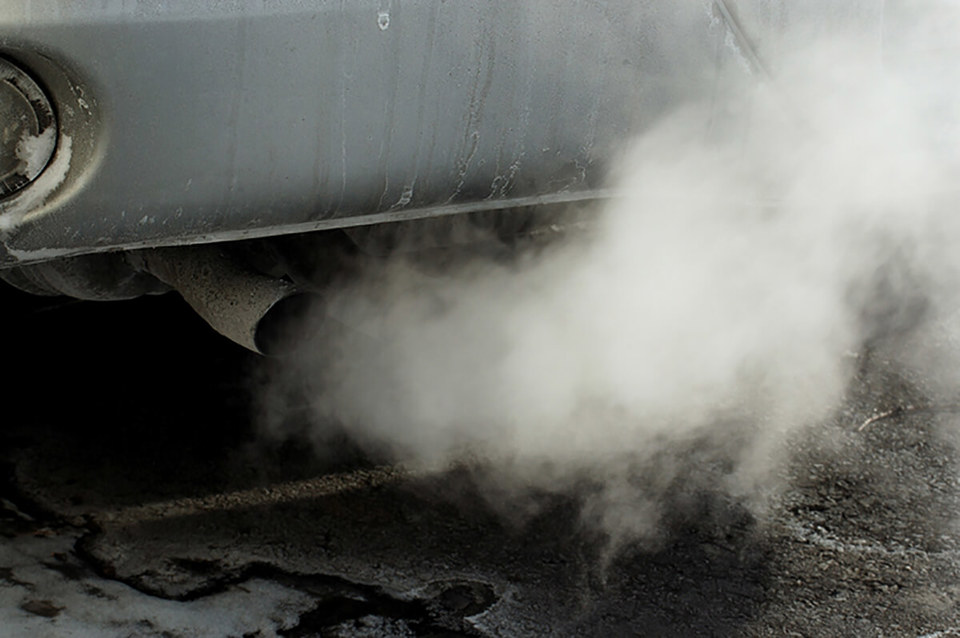MP’s from four select committees have combined forces to launch an unprecedented joint inquiry on air quality to scrutinise cross-government plans to tackle urban pollution hotspots.
The Environmental Audit Committee, Environment Food and Rural Affairs, Health, and Transport Committees will hold four evidence sessions to consider mounting scientific evidence on the health and environmental impacts of outdoor air pollution.
The Government has lost two UK court cases about its plans to tackle the key pollutant nitrogen dioxide (NO2). The High Court has ordered the Government to publish a draft new clean air plan to tackle NO2 by 24 April, with a final plan by 31 July.
Poor air quality is contributing to the early deaths of some 40,000 people in the UK each year. The European Commission has also threatened enforcement which could see the UK pay millions of pounds in fines if the Government does not within two months take steps to bring 16 UK zones within legal pollution limits.
Dr Sarah Wollaston, chair of the Health Committee, said: "Poor air quality is affecting on the health of millions of people across the U.K. because of the impact of invisible particulates and other pollutants. Our joint inquiry will include an examination of the scale of the harm caused and the action necessary to tackle it."
MPs will examine whether revised Government plans required by the courts to be published by April 24 will go far enough to cut pollution, not only to meet legal limits but also to deliver maximum health and environmental benefits.
Mary Creagh, chair of the Environmental Audit Committee, said: “The UK courts have twice told the Government to raise its game to clean up our filthy air because of European Union legislation.
“My Committee has repeatedly pressed Ministers on their plans for improving air quality as we leave the EU; we hope that the new air quality plan, and this unique joint inquiry, will give us more clarity.”
Louise Ellman, chair of the Transport Select Committee, said: “The UK economy depends on an efficient and flexible transport system but emissions from vehicles are a significant problem and the standards that governments have relied on have not delivered the expected reductions.
“We will be asking what more can be done to increase the use of cleaner vehicles as well as to encourage the use of sustainable modes of transport.”
Neil Parish, chair of the Environment Food and Rural Affairs Committee, said: “The solutions to cleaning up our air are not the responsibility of just one minister. That’s why we have taken the unprecedented task of convening four select committees so we can scrutinise the Government’s efforts from every angle and look for holistic solutions that are good for health, transport and the environment.”
The Committees will be considering the following questions:
- How effectively do Government policies take account of the health and environmental impacts of poor air quality?
- Are the Government's revised plans for tackling nitrogen dioxide levels sufficient to meet the High Court and European Commission requirements for urgent action?
- Does the revised plan set out effective and proportionate measures for reducing emissions from transport?
- Is there sufficient cross-government collaboration to ensure the right fiscal and policy incentives are adopted to ensure air quality targets are achieved?
In order to inform the Committees’ hearing with Ministers, any written submissions which stakeholders may wish to make should be made no later than 5pm on Friday, May 12, 2017.




















Jo - 03/04/2017 14:23
If fine particle pollution (PM2.5s esp.) is also part of the problem (as mentioned by Dr. Wollaston), why is the Inquiry only about N02? And do our ministers and experts really think that rural air pollution is negligible? As you know, 33% of UK’s bad air (PM10s and PM2.5s) comes directly from wood smoke, compared to only 13% from road traffic dust. It is worrying that emissions from domestic wood smoke (& industrial incinerators) will this not be included in the Inquiry. Ask Mr. Neil Parish, as he is directly involved in the wood stove and pellets/biomass burning industry. Is there a conflict of interests here? Reminds me of the recent ash-for-cash scandal in N. Ireland. Your views?